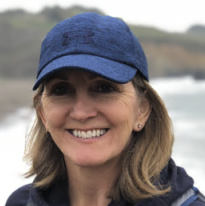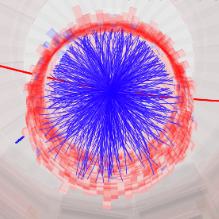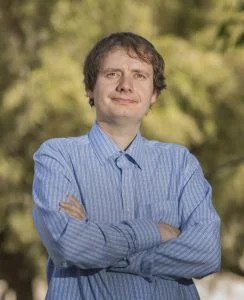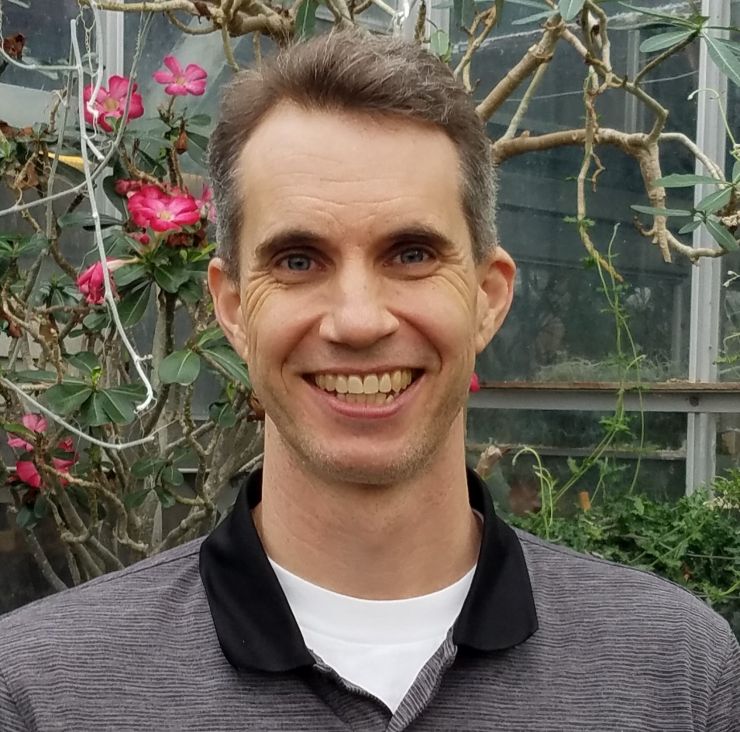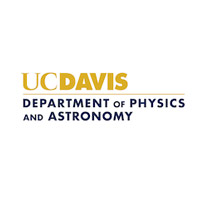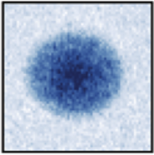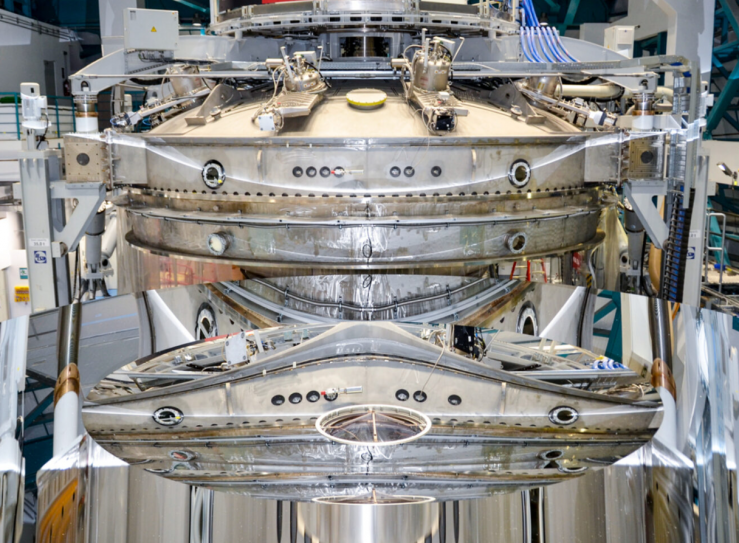
Rubin Observatory Milestone Achieved: Reflective Coating of the Primary Mirror
On April 27 an exciting milestone for the Vera Rubin Observatory (VRO) was reached. The 8.4 m primary mirror received its reflective coating. You can watch the process in a short video, and read about it here. This brings the observatory a critical step closer to carrying out its 10-year Legacy Survey of Space and Time (LSST). UC Davis is providing significant leadership in this project. Emeritus Professor of Physics and Astronomy J. Anthony Tyson started the project in the 1990s and currently serves as the LSST Chief Scientist. Senior Researcher Craig Lage is down at the site in Chile now and reports that the construction phase of the project is nearly complete.


